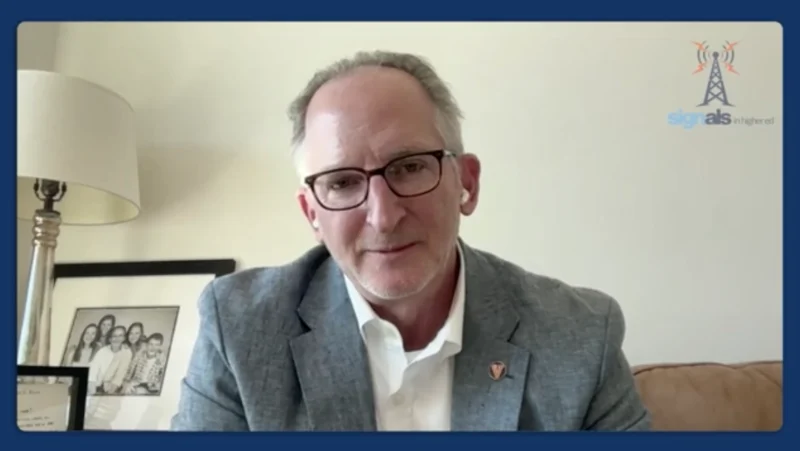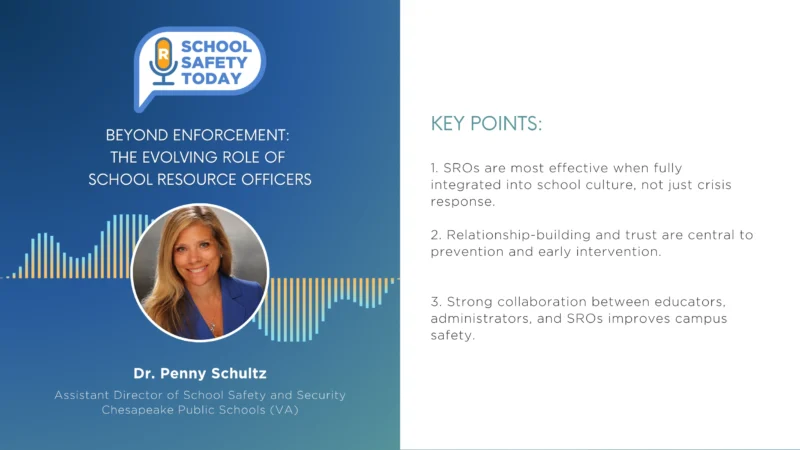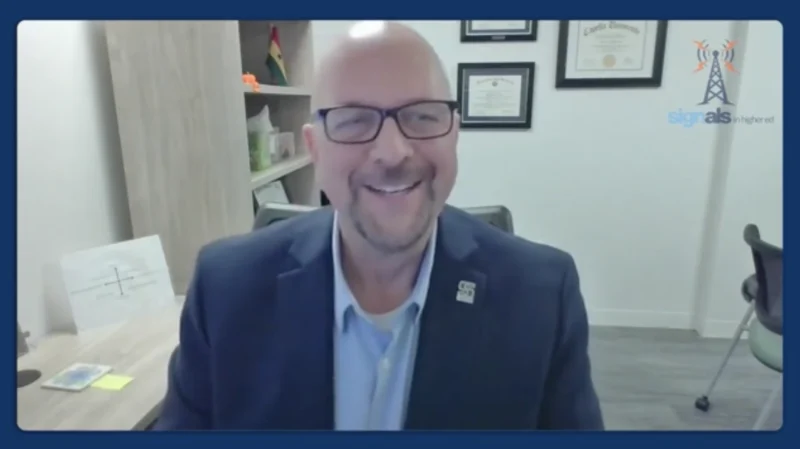The Concept of Work and Learning Needs a Massive Overhaul if Workforce Development is at Stake
Current times continue to demonstrate that traditional educational paradigms are increasingly failing to meet the needs of a diverse and evolving workforce, which is now pivoting the conversation around reimagining how we develop talent more pertinent. The rise of digital transformation, coupled with a persistent skills gap, underscores a pressing need to overhaul the approach to education and workforce development. With millions left behind by outdated models focused on credit hours and degrees, the stakes could not be higher.
This scenario begs the question: How can we foster an ecosystem of work and learning that is open to new ideas, methodologies, and innovations?
This question was at the heart of the latest episode of The Future of Education, hosted by Michael B. Horn and featuring Ryan Stowers, the Executive Director of the Charles Koch Foundation. The two talked about the concept of welcoming new ideas in work and learning, and exploring how openness and innovation can revolutionize the way we think about education and workforce development.
Their conversation also highlighted:
- The critical role of openness in facilitating the free movement of ideas, resources, and people, leading to knowledge, innovation, and opportunity.
- Examples of institutions and initiatives that embody this principle, including Western Governors University’s competency-based education model and REACH University’s innovative approach to credentialing.
- The importance of a collaborative ecosystem involving learners, educators, and employers to foster a more inclusive and effective work and learning environment.
Ryan Stowers brings to the discussion a wealth of experience and insight from his role at the Charles Koch Foundation, which has been instrumental in supporting entrepreneurs, educators, and employers in their efforts to rethink talent development. His background in advancing educational and workforce initiatives highlights the potential for transformative change through the adoption of openness and innovation.
Article written by Alexandra Simon.




